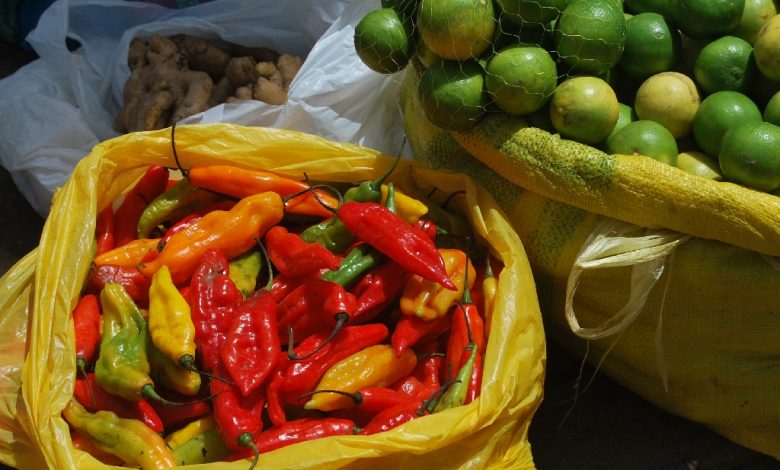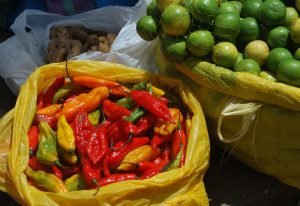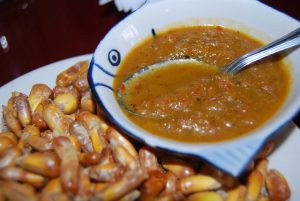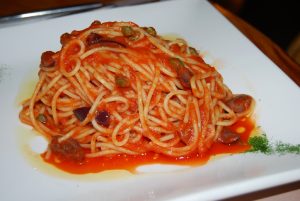A Small Word that Means So Much, Sazón

You know that touch that different cooks have. They just seem to be able to bring wonderful flavor and texture to foods. Even when they use the same recipe as other cooks, theirs just seems better. Well, in Peruvian Spanish there is a common word for that. People talk about it all the time.
In English we have to set it off with a paragraph to explain what we mean, while in Peru’s Spanish they just use a single word. That is how common the idea is.
They call it sazón. Looking at that five letter word is to enter a place where Spanish and English just do not connect very well.
Sazón sounds like the English season, as in to season or seasoning. But to me the English speaks of seasonings, things you add to a recipe–like herbs, salt, pepper, garlic, or spices–to make it different. The seasonings are add-ons that change what it otherwise would be.

The Spanish shares that meaning, but it carries it a little different. Those things that you add are called condimentos. This word refers to things that give “más sabor”, more flavor to food, but they are not inherent in the flavor itself.

Sazón suggests something prior, something more inherent in the food as cooked. It is not about add-ons, but about the magic or the technique that a cook has to take raw ingredients and turn them into food.
We are just barely opening a window into the differences between the two languages with this observation, however. There is more.
The Dictionary of the Royal Spanish Academy says that sazón is “the point or maturity of things, the state of perfection in its line.” In other words the word suggests the ability of a cook to approximate the ideal, the moment of perfection. Though perfection is most appropriate for the divine and almost never obtained in this world, still –like the Platonic ideal–one strives for it.

The word moves in a domain where some people attain holiness; they move out of the ordinary corrupt nature of this world and life and reach a state of grace beyond what ordinary people can do. They become Saints.
The world of Cuzco is one anchored in stories of Saints, their struggles and perfections. They come into the city in processions and maintain residence in the various churches that dot the city, as well as on altars or just walls in people’s houses.
Sazón, then, speaks of the ability of the cook. But it is an ability that is not just about technical skill, but about a state of grace, the cooks approximation to perfection which takes food and potentially removes it from the ordinary and takes it into the space of the sublime.

This is the “je ne sais quoi”, the “qué sé yo”, the “who knows what” that the anthropologist Malinowski described as requiring the notion of magic. It is the gap between technique and success.
Engineers and food scientists may specify exactly the variables in making fast food or industrial food the same every time. But their’s is not the world of the cook who is not strapped into a lab with gear and scientific gadgets.
Their’s is, instead, the world of care and precision, but also of a gap where something more is needed to make things just right. Technique alone is not sufficient, although no technique is a disaster.
Indeed this gap is the place of magic and grace; magic is the hope and grace its fulfillment.

Spanish sees grace coming to ground in people who just have the touch, who can make the ordinary golden.
In Perú they see sazón, therefore, as something that can have a possessive pronoun. It can be your sazón or their sazón. It is a state on a scale of the divine where cooks get closer and closer to perfection.
The cooks vary because of training and technique, to be sure, but some are just visited by mystery. Grace rules their hands and ability to move their work closer to the ideal. They have grace and, as a consequence, have sazón.
In English we see that too, but our language does not quite have the facility of expressing it as does the Spanish, especially as used in Peru.






